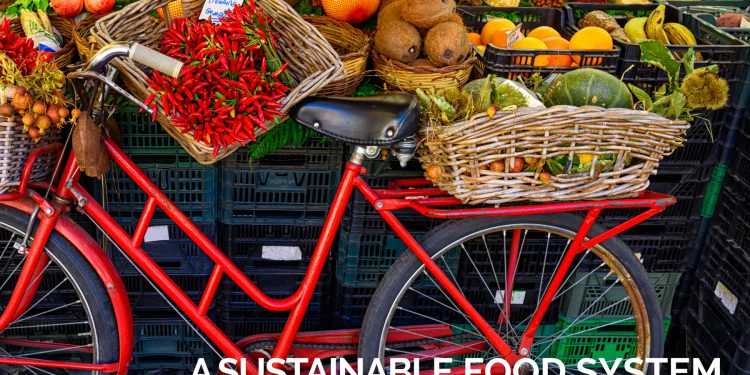Understanding sustainability in the real world presents a great opportunity for learning. Recently, SAPEA has released independent, authoritative research exploring the most recent and respected evidence on Sustainable Food Systems for the EU. Instructed by the European Commission’s Group of Chief Scientific Advisors, the research was carried out by researchers at institutions around Europe. This document represents one of the most significant and timely contributions to a vision of a sustainable food system in the EU to date.
Around the world, billions of people need a sustainable food system for this planet, which will also provide security for tomorrow’s population. Few challenges to the world are quite as huge as this undertaking, and countless opportunities for change and development will be found on the journey to achieving this goal. Dynamic organisations and individuals who are able to adapt will lead the world into a brighter generation, finding their own place in history.
Pursuing the holy grail of sustainable food security requires knowledge to be acquired and shared across everyone working within the food system. Using the best research to date, to guide and inform us, we can go forwards knowing our journey started from solid foundations. Evidence provided by SAPEA ensures that judgements are objective and uninfluenced by industrial or political power.
We also need to change from linear mass consumption to a more circular economy
Knowing what will work in the future is hard to predict. If we don’t know what works, then it’s important to have ideas, processes and systems that allow iteration, review and support to ensure forwards movement, without fear of failing at any point.
Food systems have complex social, economic and ecological components, while radical transformation is needed to make them sustainable. The global demand for food will increase in the future and to meet this demand, it is not enough simply to increase productivity in a sustainable way.
We also need to change from linear mass consumption to a more circular economy — which will mean changing our norms, habits and routines. The evidence shows that this kind of behaviour change needs to happen collectively, not just individually, so we need joined-up governance at local, national and international levels.
Food systems also contribute significantly to greenhouse gas emissions. This can be addressed by reducing waste or directing it back into the supply chain. A mix of different measures will be most effective, the evidence shows that taxation is one of the most effective ways to modify behaviour while accreditation and labelling schemes can also have an impact.
Meanwhile, reform of European agriculture and fisheries policies offer great opportunities to develop resilience and sustainability. There is not enough evidence guarantee what works in practice, so the steps we take should be carefully evaluated, and trade-offs anticipated.
SAPEA is funded by the EU’s Horizon 2020 programme, part of the European Commission’s Scientific Advice Mechanism. SAPEA brings together a panel of experts from institutions across Europe to collect and review the available evidence on a given subject, to create an evidence review which is independent, balanced and authoritative. Upon completion, the evidence review goes to the Group of Chief Scientific Advisors, who make recommendations, which helps European Commissioners create policy.
For more information about ‘A Sustainable Food System for the European Union’ and SAPEA, visit sapea.info.























